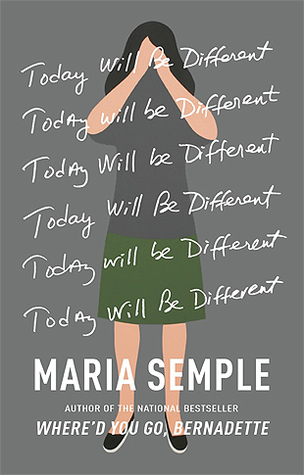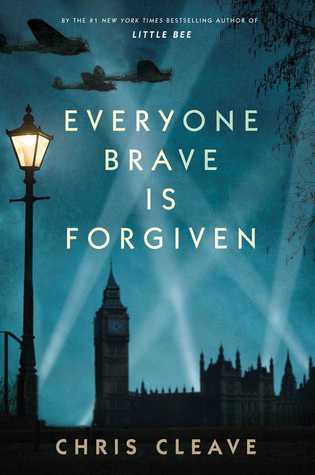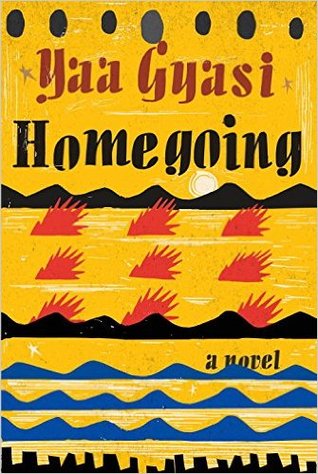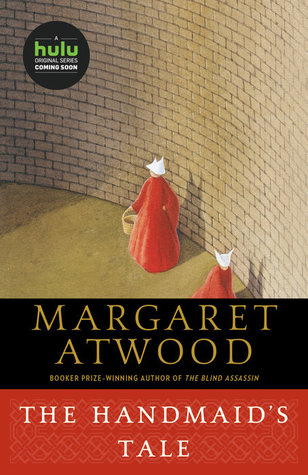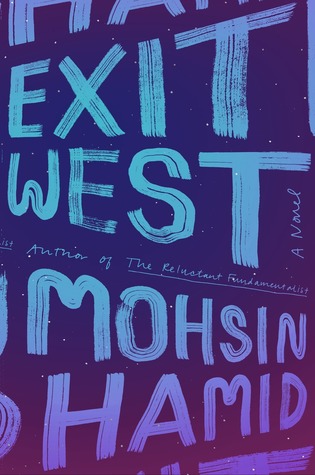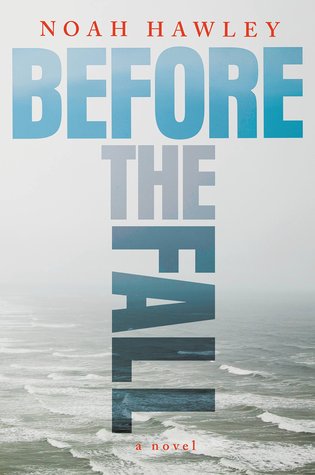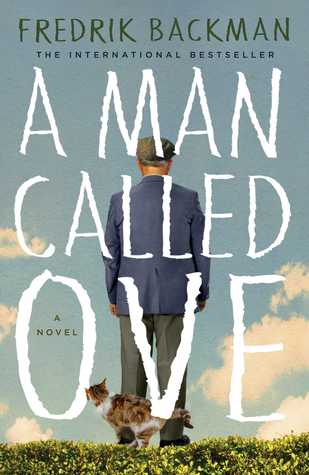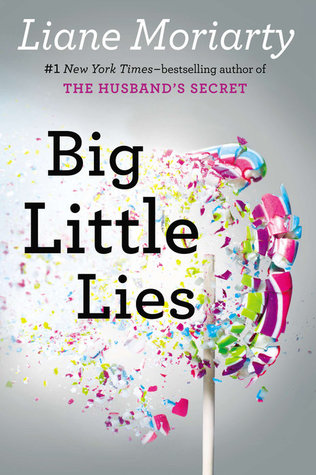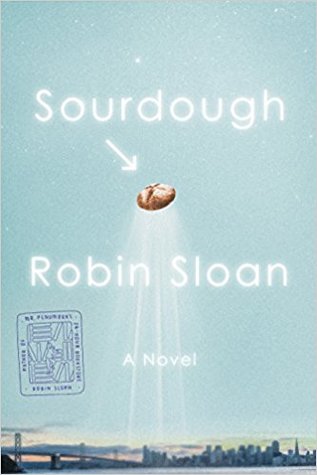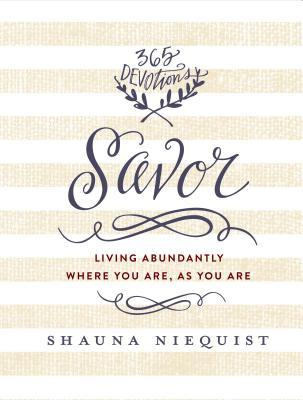Here are the reasons I waited so long to give them a try, and why you shouldn't let these things stop you because podcasts are great!:
- Technology is hard - I'm kind of a technophobe. I don't want to learn new forms of social media, I don't want the latest gadgets, I still keep my calendar on paper, and I will guaranteed mess up group texting at least 50% of the time. Podcasts sounded like a complicated thing to figure out. It turns out: not complicated at all. You download a free app to play them (I use Stitcher), and then you search for the shows you want to listen to, and then you hit the play button. Easy peasy!
- I don't need more in my digital diet - I already spend more than enough time on Facebook and Instagram and don't really need or want more screen time, but podcasts feels like listening to an old-timey radio program. You're not looking at a screen while you listen, and it's not as frenetic and bite-sized as most digital pieces of information - if anything, it probably helps increase the attention span to listen to 20-60 minutes of focused content on one topic. Also, you have more control over the content, so you're less likely to accidentally stumble across something that makes you angry for the rest of the day.
- I don't have time - This will look different for everyone depending on what your day looks like, but you probably do have time, because podcasts fit in perfectly as a multi-task to engage your mind while your hands are busy. I listen when I'm cooking dinner, or folding laundry, or making sure my 1 year old doesn't drown in the bathtub - they are an excellent distraction for chores, which we all have. But you could also listen during a long commute, or during exercise, or in some cases, during work.
- Podcasts sound boring - There is such a variety that you're sure to find something that appeals to you. There are practical podcasts on home improvement, parenting, cooking, etc. There's spiritual encouragement. There is tons of commentary on news, politics, and pop culture. All the NPR shows are available. There are stories told in episodes. There are interview shows. And one of my favorite types, which will appeal to any of you who have Input or Learner as your Gallup strengths, are shows that give you information about random topics (such as, "how mirrors work").
It's hard to do recommendations in a blog post because it depends so much on what you're interested in, but here are a few that I really like: Risen Motherhood (on Christian parenting), Stuff You Should Know (exactly what it sounds like), NPR Pop Culture Happy Hour (on movies and TV shows), and What Should I Read Next? (book recommendations).
What would you recommend? I'm always looking for a good new podcast!











